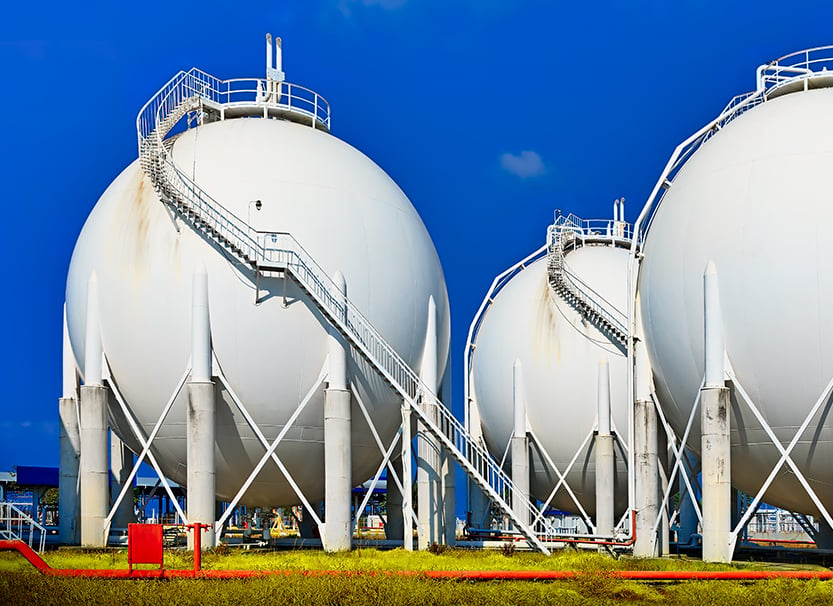
EPA Proposes Rule for Management of Coal Combustion Residuals at Inactive Facilities
On Thursday, May 18, 2023, the U.S. Environmental Protection Agency (EPA) proposed new regulatory requirements for inactive coal combustion residuals (CCR) surface impoundments at inactive electric generating units. EPA had promulgated standards for new and existing CCR landfills and surface impoundments that exempted inactive surface impoundments at inactive facilities in April 2015. However, in August 2018, the U.S. Court of Appeals for the District of Columbia Circuit vacated the exemption and remanded the issue to EPA after environmental nongovernment organizations objected to the treatment of inactive impoundments at inactive facilities that may still pose a risk of introducing toxic substances into ground and drinking water.
EPA Proposes Updates to Toxic Substances Control Act Review Process, Including Removal of PFAS Exemptions
On Tuesday, May 16, 2023, the U.S. Environmental Protection Agency (EPA) released a prepublication version of a proposed rule instituting reforms to EPA’s regulations implementing the Toxic Substances Control Act (TSCA). EPA maintains a TSCA Chemical Substance Inventory, which lists all chemical substances known to be in commerce in the United States. Under TSCA, manufacturers and importers must submit a premanufacture notice for a new chemical substance unless an exemption applies (e.g., research and development). EPA must complete its risk determination for the new chemical substance before manufacture or import may commence. The proposed rule now makes clear that EPA must complete its risk determination on 100% of new chemical substances or approve an exemption notice before the associated product can enter the market, which aligns with amendments to TSCA made in 2016.
California Agency Proposes to List Microplastics and PPD derivatives to Candidate Chemical List
The California Department of Toxic Substances Control (DTSC) has proposed adding microplastics and PPD derivatives to its Candidate Chemicals List. This listing positions microplastics, and products containing them, for regulation and potential restrictions under the agency’s Safer Consumer Products Program. Companies with products containing microplastics and PPD derivatives should engage with DTSC in coming regulatory proceedings.

U.S. EPA Opens Public Comment on Funding for Zero-Emission Vehicles and Charging Infrastructure Under Inflation Reduction Act
The U.S. Environmental Protection Agency (EPA) issued, on May 5, 2023, a request for information seeking input on the availability of zero-emission technologies in the heavy-duty vehicle and port sectors toward establishing funding programs under the Inflation Reduction Act (IRA). EPA requests comment from manufacturers, distributors, installers, fleet operators, and port operators about their products and experience with zero-emission technologies.
The Enforcement Angle: Driving California Toward Carbon-Neutrality with Dr. Steven Cliff
Join Sidley for the Environmental Law Institute’s People Places Planet Podcast series, “The Enforcement Angle.” Through this series, Sidley partners discuss state and federal enforcement of environmental laws and regulations with senior enforcement officials and thought leaders on environmental enforcement in the United States and globally. The featured guests offer their insights into the challenging environmental issues facing corporations today.
Biden Administration Reaffirms and Reflects on Commitment to Environmental Justice
The Biden administration has recently reinforced the President’s environmental justice (EJ) agenda through two actions. Stakeholders who engage with the federal government should be aware of how the administration is expanding these efforts, which inform the government’s enforcement actions and review of projects under the National Environmental Policy Act (NEPA).

EPA Proposes Granting Louisiana Primacy Over Carbon Sequestration Well Program
The U.S. Environmental Protection Agency (EPA) proposed to approve Louisiana’s request for control over the permitting of carbon sequestration wells in the state. EPA’s approval would provide Louisiana authority under the Safe Drinking Water Act (SDWA) Underground Injection Control (UIC) program to administer a “Class VI” injection well program for the geologic sequestration of carbon dioxide, following similar such approvals for North Dakota and Wyoming. Stakeholders should take note of this proposed action because EPA approval of Louisiana’s program could advance carbon capture and sequestration (CCS) projects stymied by the backlog of permit applications pending before the EPA.

